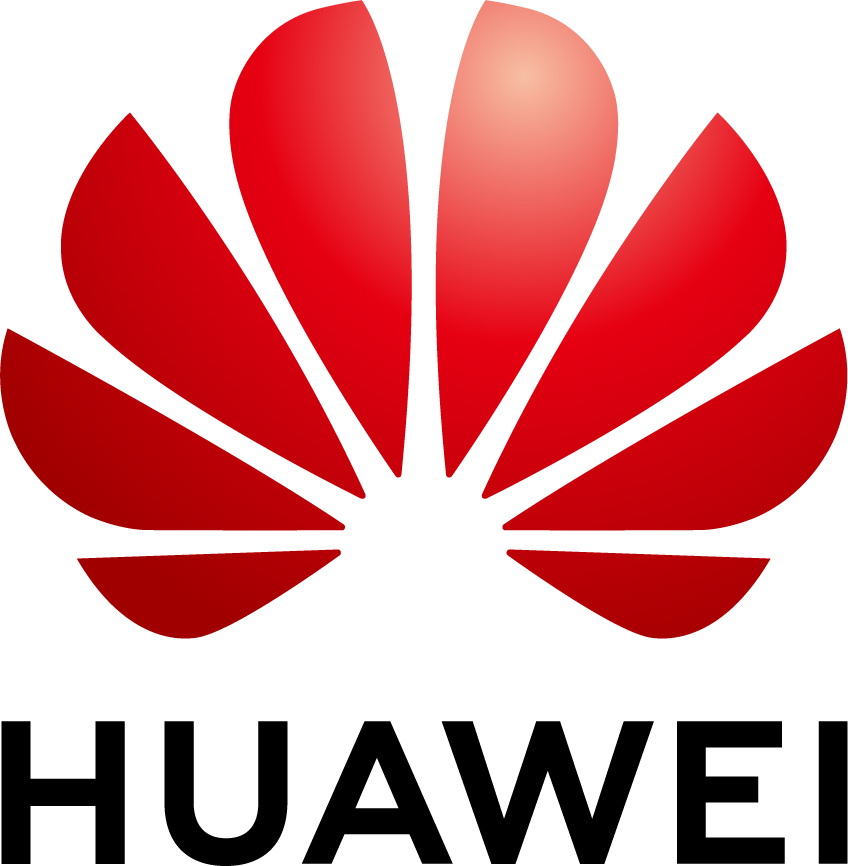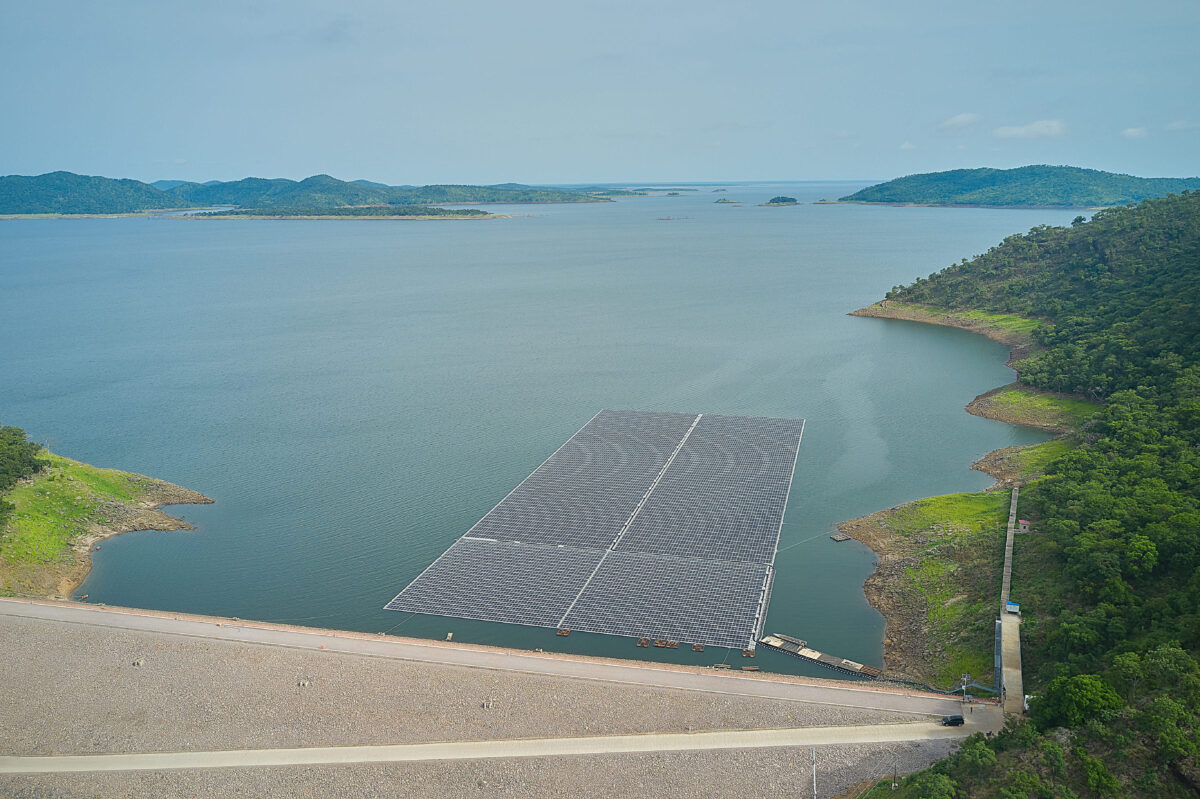Ghana is on track to achieve universal access to electricity for its citizens by 2025 thanks to digital transformation efforts and use of solar power in its energy sector. The Bui Hydro-Solar PV Hybrid (HSH) project, sited at the country’s hydroelectric dam in the Banda district of the Bono region, is serving to reinforce the steady supply of electricity, no matter the season or weather conditions.
The hydroelectric dam has an installed capacity of 404 MW from four generating units, including three 133.33 MW Francis Turbine Units and a smaller 4 MW turbine. Huawei’s FusionSolar Smart PV Solution was selected for the Bui HSH project to provide string inverters and energy storage solutions to ensure a stable supply of clean power. The solar power system can augment and preserve the Bui reservoir hydro scheme even during periods of drought, when the water supply is low and the hydropower cannot run. Huawei’s energy storage system (ESS) balances electricity supply and demand, regulates peak generation, and smooths out output fluctuations.
The first phase of the project consisted of the development of a solar PV facility, a control room, and 4G Enterprise Long-Term-Evolution (eLTE) technology. The initial 50 MW Solar plant – which was officially launched and connected to Ghana’s National Interconnected Transmission System (NITS) in April 2021 – resulted in the doubling of the country’s grid-connected solar energy and is expected to cut greenhouse gas emissions by more than 47,000 tons per year. Additionally, the Bui Power Authority (BPA) installed 5MW floating solar plant on its reservoir, which is the first of its kind in the sub-region. The entire project is expected to total 250 MW of solar power.
As part of the digital transformation of the dam, Huawei deployed a 1.8 GHz total demand distortion (TDD) eLTE broadband trunking solution, utilizing a miniaturized core network, a single base station, multiple radio remote units (RRUs), and an indoor distribution system. This allowed coverage of both indoor and outdoor working areas, encompassing the dam, roadways, generator rooms, and employee living areas. Engineers can easily communicate in real-time, even at great depths underground, using the “Push to Talk” function. Video calls between engineers and supervisors have increased productivity and problem-solving efficiency, reducing the timeframe for resolving issues in record time.
More from our partners
Huawei's ESS leverages smart digital technology to facilitate seamless network connectivity while offering easy maintenance, secure performance, and high-density lithium batteries that optimize space utilization. This solution further enhances Ghana’s grid stability, reliability, and power supply efficiency.
Ghana’s National Energy Plan aims at having renewable, clean energy sources contribute 10% of the nation’s energy needs by 2030. Huawei's solution not only helps them on the way to that goal, it also supports the transformation of the Bui hydropower station into a safe, efficient, and intelligent power production system. Moreover, it enhances site safety, operational efficiency, and lays the groundwork for future intelligent solutions like water level detection and flow monitoring. The Bui hydro-solar project will serve as a role model for other projects in the country, as well as for countries across the African continent.
This content is protected by copyright and may not be reused. If you want to cooperate with us and would like to reuse some of our content, please contact: editors@pv-magazine.com.



By submitting this form you agree to pv magazine using your data for the purposes of publishing your comment.
Your personal data will only be disclosed or otherwise transmitted to third parties for the purposes of spam filtering or if this is necessary for technical maintenance of the website. Any other transfer to third parties will not take place unless this is justified on the basis of applicable data protection regulations or if pv magazine is legally obliged to do so.
You may revoke this consent at any time with effect for the future, in which case your personal data will be deleted immediately. Otherwise, your data will be deleted if pv magazine has processed your request or the purpose of data storage is fulfilled.
Further information on data privacy can be found in our Data Protection Policy.